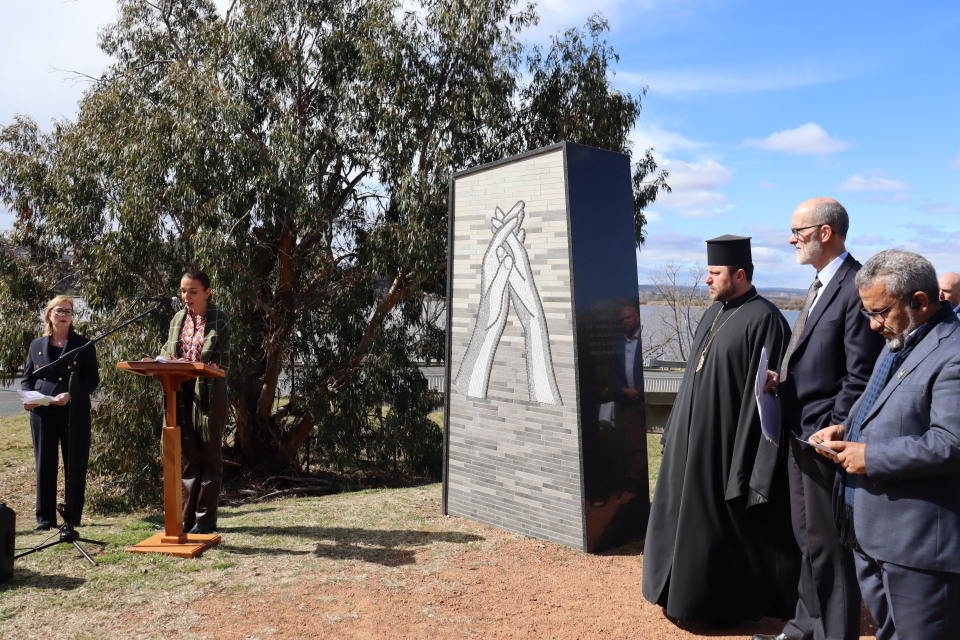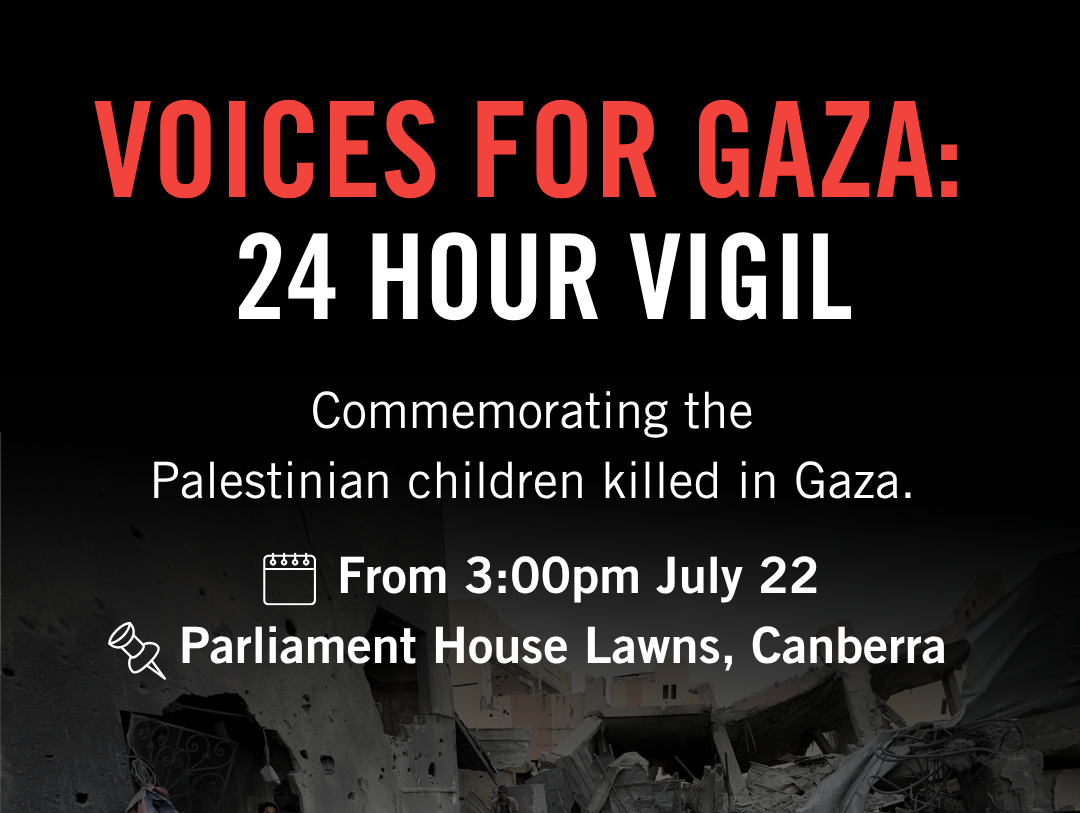This week, Caritas Australia CEO Kirsten Sayers has met with the Australian Ambassador to the Holy See, Keith Pitt in Rome. The meeting continues a dialogue that began in Canberra earlier this year, following Ambassador Pitt’s appointment in February.
Since that time, the world has endured escalating instability, from ongoing conflict in the Middle East to widespread cuts in international aid budgets. In contrast, the Australian Government has maintained its Overseas Development Assistance budget, while also providing targeted humanitarian support to Gaza, Myanmar, and to women and girls in Afghanistan.
“The world is shaken by conflict and uncertainty, but Ambassador Pitt and I were pleased to reflect on Australia’s ongoing commitment to peace, stability, and prosperity for all,” said Kirsten Sayers. “Our national Overseas Development Assistance budget is certainly part of that, as is our robust support for some of the world’s most dire humanitarian crises.”
The Australian Government has also continued to play a leading role in advancing the Declaration on the Protection of Humanitarian Personnel, first introduced at the UN General Assembly in 2024. A Ministerial Group - comprising Australia and eight other nations - is now working to secure international support for the declaration’s adoption at the next UN General Assembly in September.
“As one of the world’s largest aid and development agencies, Caritas Australia lends its voice to these calls for stronger protections for humanitarian workers, and for accountability when those protections are violated,” said Kirsten Sayers.
The need for such protections has never been more urgent as 2024 was the deadliest year on record for humanitarian workers, with 377 aid workers killed, surpassing the previous high of 280 in 2023. The war in Gaza has been a major driver of this death toll, with over 408 humanitarian personnel killed in the enclave since October 2023.
The proposed Declaration aims to reaffirm the commitment of the international community to protecting humanitarian personnel. It calls for stronger compliance with existing international humanitarian law and greater accountability for those who violate it.
Kirsten Sayers has also spoken at a Conaci Scholarship event this week. Established by the Australian Catholic University in 2016, the Conaci scholarship provides an opportunity for Indigenous Australian students to travel to Rome in honour of Francis Xavier Conaci, an Aboriginal boy who travelled to Rome to study in the 1850s. During the event Caritas Australia shared information about NAIDOC week, Caritas Australia’s First Australian Partner program, and the One Journey Together initiative.

















